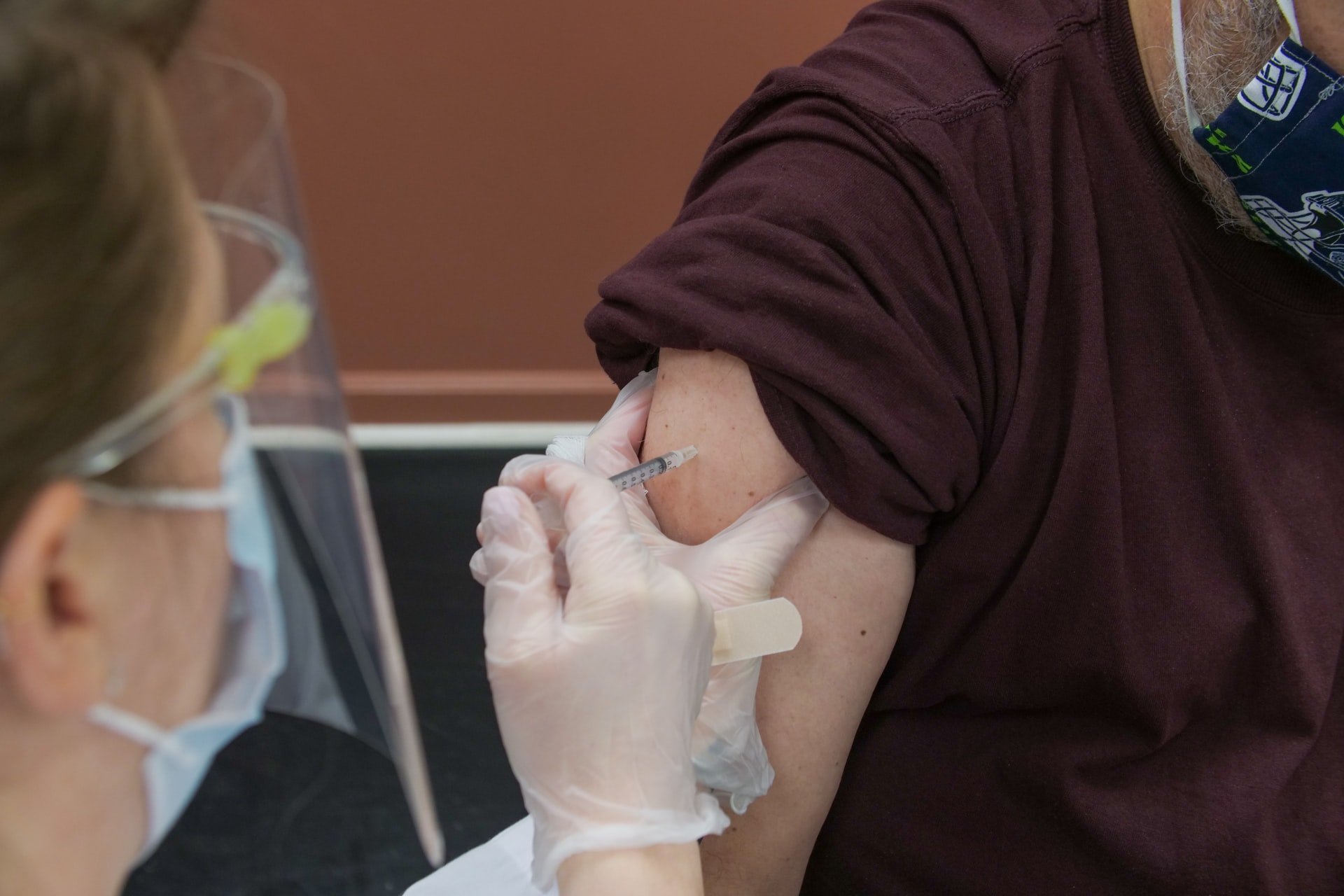COVID-19, caused by SARS-CoV-2 virus, is a respiratory illness, meaning it tends to primarily impact lungs and airways. It is highly contagious, and has proven to have the capacity to cause serious health complications, most notably lung conditions such as severe forms of pneumonia and respiratory distress. However, this virus can impact the function of multiple organs and result in long term health complications. Most at risk of COVID-19 complications are people with underlying health issues and chronic conditions (e.g. lung or heart disorder patients, diabetes or cancer sufferers etc.) but everyone can be impacted even without preexisting conditions,
The initial symptoms can be similar to many other illnesses but must not be ignored. Failure to act before the infection worsens can lead to serious outcomes.
Please contact a doctor for advice in case you or someone in your care experiences any of the following:
- Sore throat
- Loss of taste or smell
- Cough, or other respiratory distress such as shortness of breath
- Fever/chills
- Headache, Muscle or body aches and/or notable fatigue
- Diarrhea, nausea or vomiting
- Congestion or runny nose
*In case of any of the following emergency symptoms please do not hesitate to seek urgent medical care:
- Sudden or worsening breathing difficulty,
- Lips or face appearing blueish,
- Listlessness, confusion, loss of consciousness or extreme sleepiness.
- Chest pain or pressure that is persistent or worsening.
Please follow all the local health and safety guidelines and protocols, as well as personal vigilance and effort to contain the further spread of this disease.
Accurate and up-to-date COVID-19 information can be found on the official site of the Government of Pakistan https://covid.gov.pk
See also: How to get COVID vaccination in Pakistan
page updated on 01.07.2021
Photo by Steven Cornfield on Unsplash

